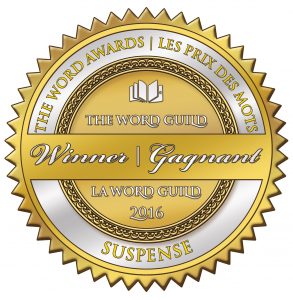Have you ever read a story that a friend raved about and then been stumped at the attraction?
That’s happened to me a few times lately, and I’ve been attempting to pinpoint why. Sometimes, of course, it can be chalked up to different tastes, or different life experiences that make a story resonate with one person and not another.
Lately, I’ve been hungering for stories in which I emotionally connect with the hero or heroine so much that my heart aches when theirs does.
This obsession seems to be spilling over into my people watching–an occupational hazard.
Sunday afternoon my husband and I and two youngest children went to a restaurant for lunch, and a young family caught my attention. There were four adorable blond children ranging in age from about four to eleven and a tired-looking dad. They were dressed like they’d come from church, well-behaved. The eleven-year-old girl was obviously used to mothering her younger siblings.
I wondered if the mom was trailing behind with a baby. Then when she didn’t appear, I wondered if she was sick at home, or had just had a baby and hubby was giving her a few hours of peace and quiet.
Nosy writer that I am, I soon found myself trying to catch a glimpse of the father’s left hand.
My heart sunk when I saw his ring finger was bare. I doubted he was divorced. He looked too melancholy, and I figured that if this was his weekend with the kids, he’d be more…alive.
So I naturally assumed he was widowed–every happily-married spouse’s worst fear.
Instantly, I was emotionally connected.
My heart ached for that little family even as my mind began re-writing their happily ever after.
Hours later, I found myself wishing we’d introduced ourselves, perhaps invited the children to come out for a ride on our sweet old horse. That’s the kind of person I want to be, and the kind of actions I yearn for my characters to inspire in readers.
Your turn: What kind of scenario squeezes your heart, or plays on your mind for hours after you’ve put a book down? Has a fictional story ever inspired you to change something about yourself or do something differently?


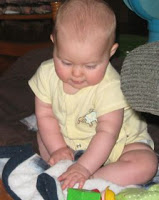



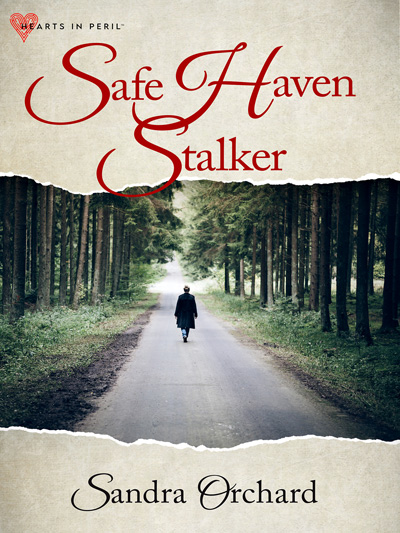

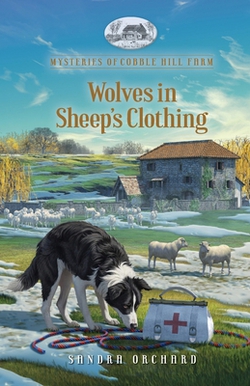
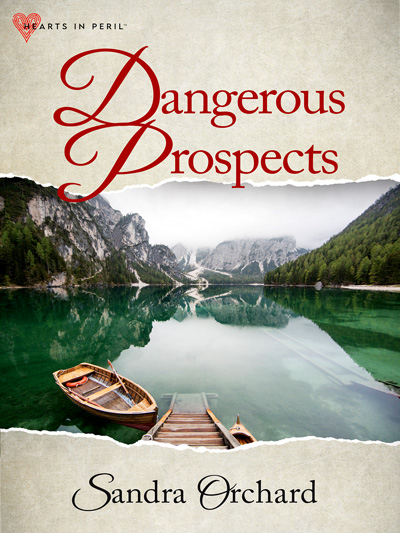
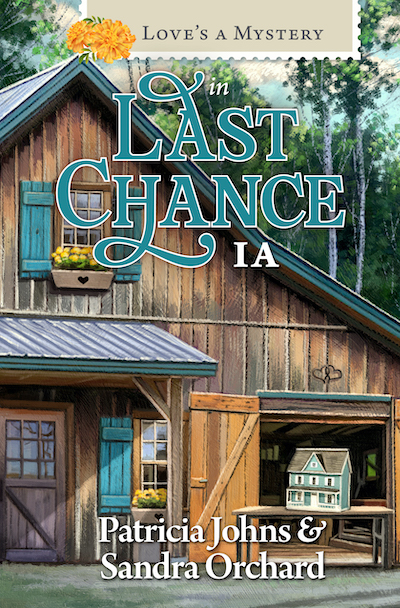

 RSS - Posts
RSS - Posts



